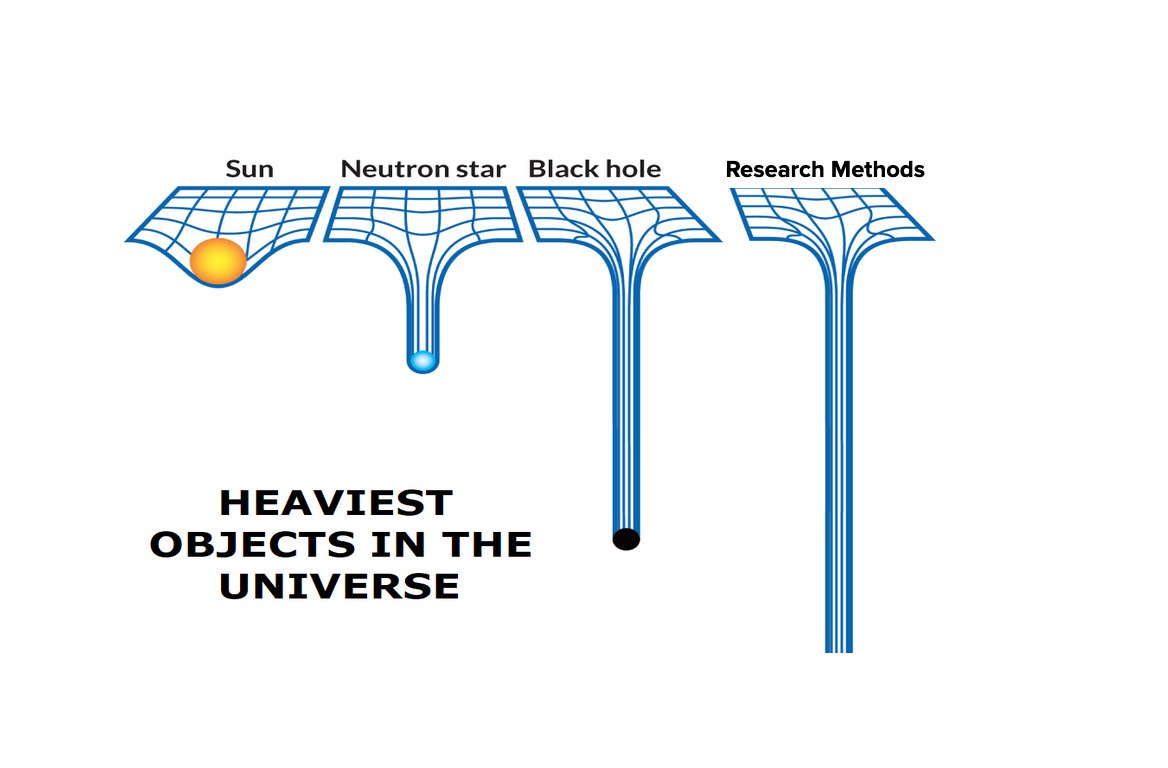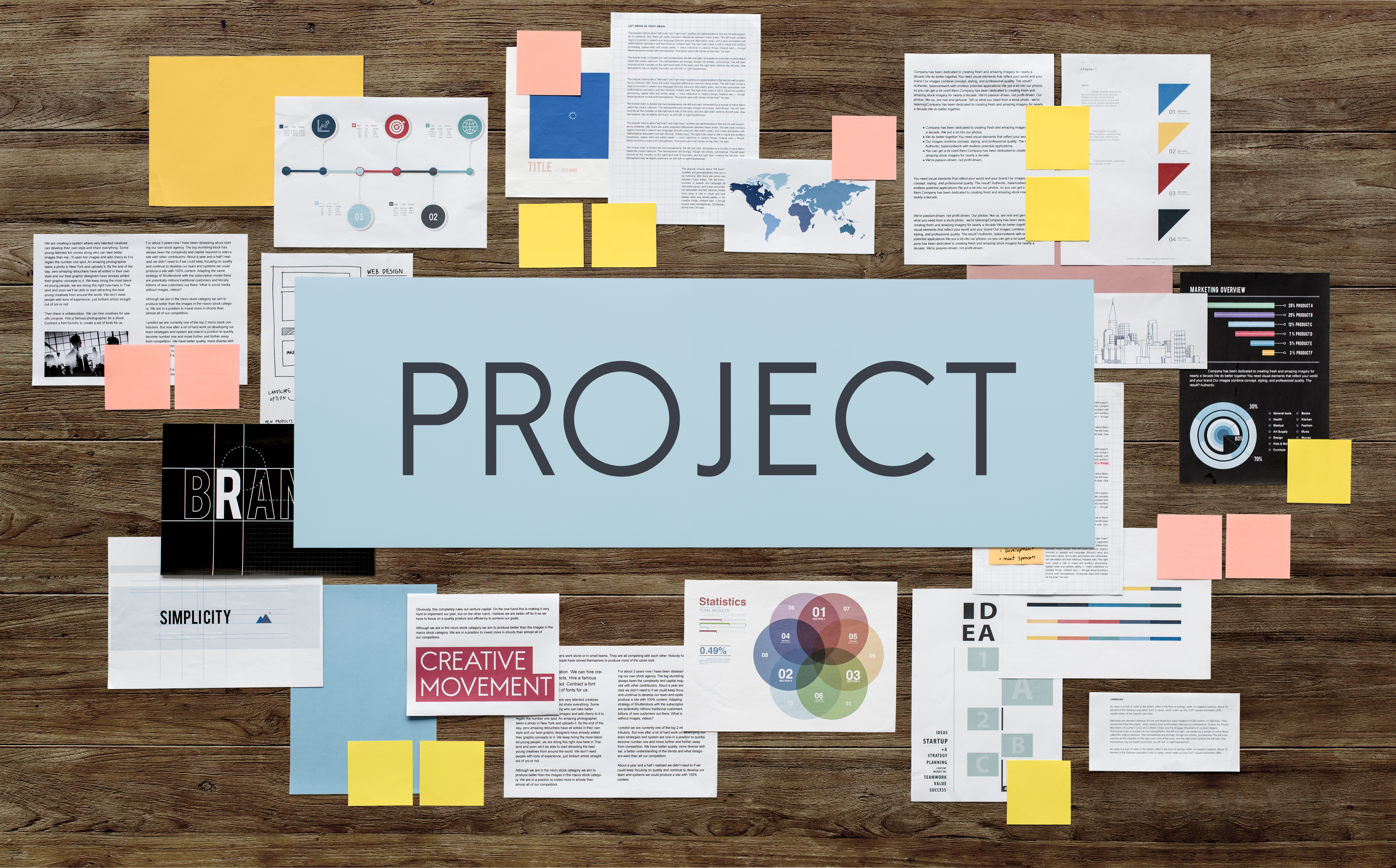- Teachers: Aizada Toktogulova

- Teachers: Jyldyz Kuvatova

Research methods can sometimes feel overwhelming—like the heaviest object in the universe. You may have already heard terms like qualitative and quantitative, and as juniors or seniors, you probably have a general idea of what they mean, but are still trying to connect the dots. Don't worry, you're not alone.
In this course, we will demystify research methods by looking at them closely through the lens of mass media studies. Our goal is to break down the research process into manageable steps and equip you with the practical skills to do research yourself. By the end of our time together, you will be able to confidently navigate the world of mass media research and apply what you have learned to your own projects. Think of this as building a personal toolkit for academic and professional success.
Designed to meet you where you are, this course offers guidance for projects as practical as building research skills for journalism and media work, and for academic undertakings as big as a senior thesis. This class is about showing you that scientific research can be an engaging and even fun process. Let's explore it together.
- Teachers: Zhazgul Ibraimova

Multimedia Skills I & Multimedia Storytelling course introduces students to the fundamentals of multimedia production and digital storytelling. We will learn, through practice, how to create multimedia content and repurpose it for various platforms and distribution channels. Students will gain essential skills, including recording and editing sound and video, as well as creating basic-level pictures and graphics.
Special attention will be given to the principles of storytelling — how to structure a narrative, engage an audience, and adapt stories for diverse media formats. In addition, we will get acquainted with the algorithms and rules for maintaining accounts on different platforms. By the end of the course, students are expected to create their unique new media projects across different platforms.
- Teachers: Elena Nechaeva

Hi and Welcome!
You're at an exciting crossroads, ready to take your first steps into your professional life. This course is about creating something meaningful together, giving you the chance to build your Senior Project in a supportive, hands-on environment.
We will guide you through every stage, from exploring ideas and narrowing your focus to preparing your pre-defense and drafting your project. Along the way, you will learn to research effectively and bring your story to life in ways that really capture attention. You will also experiment with different formats and tools, making your project engaging and professional. By the end, you'll have a strong foundation and a draft of your project you can be proud of, ready to continue your work next semester.
Our shared goal is to ensure you complete a significant portion of your final Senior Project by the end of this semester, giving you a strong foundation to confidently move forward.
- Teachers: Zhazgul Ibraimova

